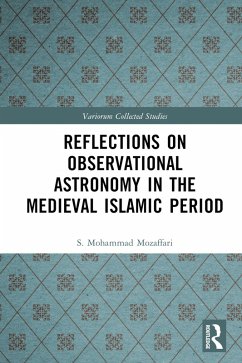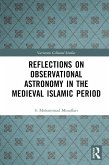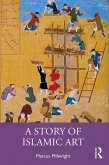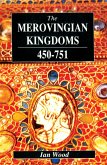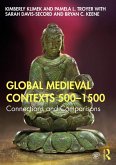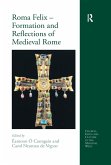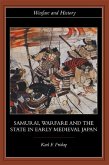Reflections on Observational Astronomy in the Medieval Islamic Period begins with solar astronomy, providing a detailed evaluation of Islamic astronomers' determinations of fundamental solar parameters. In the realm of lunar astronomy, it examines the gradual endorsement and rationalization of annular solar eclipses, along with an exclusive historical account of predicting and observing such an event in 1283 CE. The section on planetary astronomy scrutinizes empirical discoveries that distinguish between the precession of equinoxes and the motion of apogees, as well as significant enhancements to Ptolemy's parameters for planetary latitudes. Stellar astronomy is explored through a non-Ptolemaic star table that encompasses observations from ninth-century Baghdad to thirteenth-century Maragha. The final section examines observational instruments, focusing on those constructed during the second period of activities at the Maragha observatory. A critical analysis of astronomical observations conducted at the Maragha and Istanbul observatories is a key focus of this work.
This book will be invaluable to those interested in the historical progression of exact sciences; the scope, distinctive aspects, and caliber of experimental activities in medieval times; and the interplay between theory and observation throughout history. It is intended for historians, scientists (including astronomers and physicists), and particularly, historians of astronomy.
Dieser Download kann aus rechtlichen Gründen nur mit Rechnungsadresse in A, B, BG, CY, CZ, D, DK, EW, E, FIN, F, GR, HR, H, IRL, I, LT, L, LR, M, NL, PL, P, R, S, SLO, SK ausgeliefert werden.

